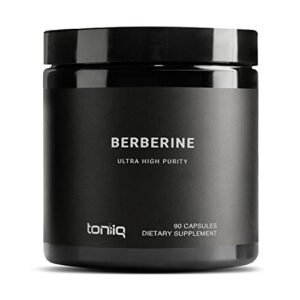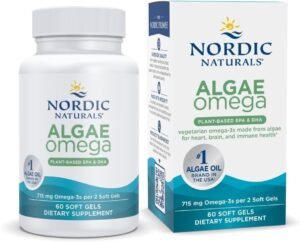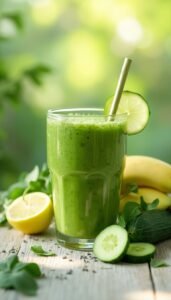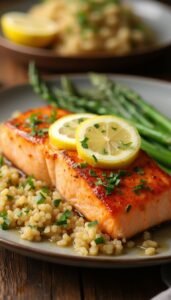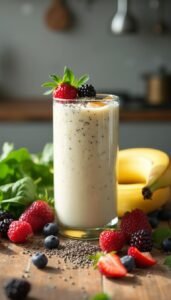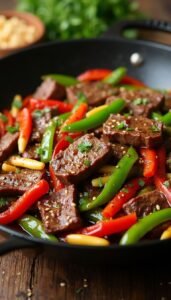The 18 Best Plant-Based Protein Sources for Vegans and Vegetarians
In today’s world, embracing a plant-based diet is not only a trend but a lifestyle choice. With growing awareness around health and sustainability, many are opting for vegan and vegetarian diets. But one burning question remains: how do you ensure adequate protein intake? This guide to the best plant-based protein sources will ensure you never miss out on this essential nutrient.
Why Focus on Protein?
Proteins are the building blocks of life, essential for muscle maintenance, enzyme function, and a healthy immune system. Studies suggest that plant-based proteins can help reduce the risk of heart disease and improve overall health. According to a study published in The Journal of Nutrition, plant proteins can have equivalent effects on muscle strength compared to animal proteins, when consumed in adequate amounts.
Top Plant-Based Protein Sources:
- Lentils: With over 18g of protein per cooked cup, lentils are a versatile choice for soups, stews, and salads.
- Chickpeas: Rich in protein and fiber, chickpeas have about 15g of protein per cooked cup and are perfect for hummus and curries.
- Quinoa: Unlike many grains, quinoa is a complete protein, providing 8g of protein per cup.
- Tofu: Made from soybeans, tofu contains about 10g of protein per ½ cup, making it a staple in Asian cuisine.
- Edamame: Young soybeans, edamame provides 17g of protein per cooked cup and makes a great snack or addition to salads.
- Black Beans: With 15g of protein per cooked cup, these beans are great for burritos and chillis.
- Hemp Seeds: Surprisingly packed with 9g of protein per ounce, these seeds are perfect for smoothies and salads.
- Chia Seeds: Tiny but mighty, chia seeds offer 5g of protein per ounce and are excellent for puddings or energy balls.
- Almonds: With 6g of protein per ounce, almonds can be consumed as a snack or added to desserts.
- Pumpkin Seeds: An ounce of pumpkin seeds packs 5g of protein, ideal for topping oatmeal or salads.
- Peanuts: Offering 7g of protein per ounce, peanuts are a solid choice for snacks or in peanut butter form.
- Tempeh: A firmer, fermented soybean cake, tempeh delivers 15g of protein per ½ cup.
- Seitan: Often called wheat meat, this gluten-rich food offers 25g of protein per 3.5 ounces, perfect for vegetarians who aren’t gluten-sensitive.
- Spirulina: A blue-green algae with 8g of protein per 2 tablespoons, spirulina is a powerful addition to smoothies.
- Amaranth: Like quinoa, amaranth is a complete protein with 9g per cooked cup, popular in porridge or grain salads.
- Green Peas: Simple yet protein-rich, green peas provide 8g per cooked cup and are easy additions to stir-fries.
- Sunflower Seeds: These seeds offer 6g of protein per ounce and are excellent sprinkled over salads or yogurt.
- Couscous: Offering 6g of protein per cooked cup, couscous can be a side dish or salad base.
Incorporating Plant-Based Proteins into Your Diet
Incorporating these protein sources is simple. Start your day with a chia seed pudding, blend hemp seeds into your smoothies, snack on almonds, and serve quinoa or lentils as a main dish. Balance your daily meals with a variety of these sources to cover your nutritional needs.
Conclusion
Adopting a vegan or vegetarian lifestyle shouldn’t equate to protein deprivation. With these 18 plant-based protein sources, it’s easier than ever to maintain a balanced, nutrient-rich diet.
Eat your greens and power your body with nature’s best!
Discover the top 18 plant-based protein sources for vegans and vegetarians, offering health benefits and easy meal integration.



